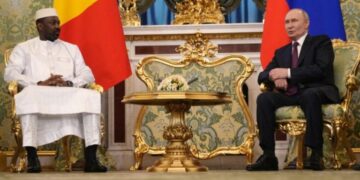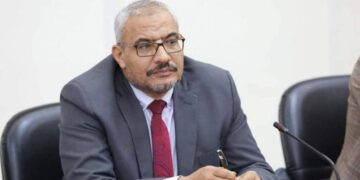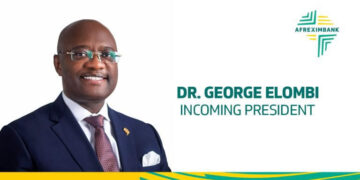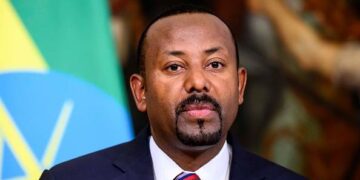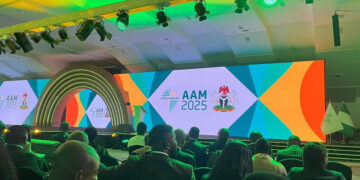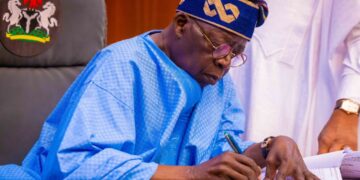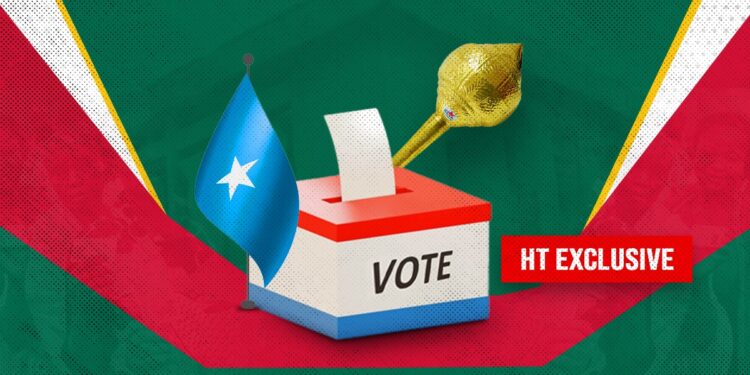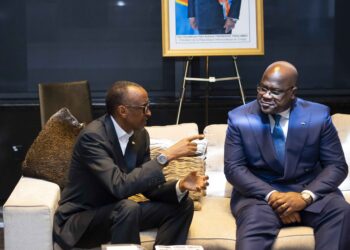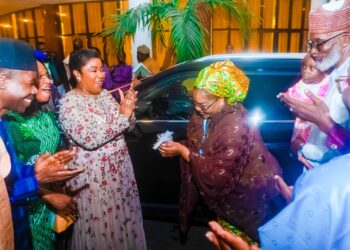By John Ikani
Africa’s political landscape is undergoing significant transformations in electoral systems, with recent developments in Togo and Somalia garnering attention.
The changes, while distinct, carry implications for governance, representation, and citizen participation in both nations.
Togo’s Shift Towards a Parliamentary System
Togo recently adopted a new constitution, transitioning from a presidential to a parliamentary system.
Under the system, the president will now be elected by members of parliament rather than through direct citizen voting.
The constitutional amendment, passed by Togolese MPs on March 25th, also introduces the position of President of the Council of Ministers, akin to a prime minister, further decentralizing executive authority.
Under the new constitution, the role akin to a prime minister will assume the responsibility of representing Togo on the global stage, participating in official state visits, and engaging in international forums such as the UN General Assembly.
With full authority over government affairs, the position, designated in the constitution, will be held by the leader of the majority party or coalition following parliamentary elections, serving a six-year term.
Consequently, the president of Togo’s duties will become primarily ceremonial upon the implementation of the new constitution.
Members of Parliament (MPs) will be elected directly by civilian voters via secret ballot, each serving a renewable six-year term.
Somalia’s Move Towards Direct Citizen Voting
Meanwhile, in the Horn of Africa, Somalia is on the cusp of a democratic breakthrough. The country has long grappled with a complex clan-based indirect voting system, which has been in place for over five decades.
However, recent parliamentary approvals signal a monumental shift towards direct universal suffrage, marking a departure from historical electoral practices.
The transition is poised to empower Somali citizens, allowing them to directly elect their leaders and participate more actively in shaping the nation’s future.
Since 1969, Somalia has not implemented a one-person-one-vote electoral system. This change occurred when Mohammed Seyed Bari took control following a military coup, reigning for 21 years.
Following Bari’s downfall, years of transitional governance ensued. In 2000, hundreds of influential Somali figures convened in Djibouti, endorsing a power-sharing arrangement based on tribal or clan affiliations known as clan-based voting.
Clan-based voting in Somalia is a system where political representation and power are largely determined by clan affiliations. Somalis traditionally identify strongly with their clan or sub-clan, which influences their political allegiances and choices.
Under the system, the president is not directly elected by the citizens of Somalia. Instead, clan elders and representatives play a significant role in selecting the president.
Clan leaders negotiate and reach a consensus among themselves to choose a candidate who represents their interests. This process often involves intricate clan politics and can take place through clan conferences or other traditional methods.
Similar to the presidential selection process, clan representatives and elders are instrumental in choosing members of Parliament. Each clan or sub-clan typically receives a predetermined number of seats in Parliament based on agreed-upon power-sharing arrangements.
Clan delegates, selected by their respective clans, then elect members of Parliament from within their communities. This indirect method of election emphasizes clan representation in the legislative body
This system has both advantages, such as preserving stability and inclusivity, and disadvantages, such as perpetuating clan divisions and hindering the development of a merit-based political system.
Implications and Considerations
The developments in Togo and Somalia underscore Africa’s evolving political landscape and highlight the ongoing efforts to strengthen democratic institutions and processes.
Both Togo and Somalia face unique implications and challenges in their electoral system changes.
In Togo, the shift to a parliamentary system may lead to a more balanced distribution of power and greater accountability, but it also raises concerns about potential conflicts between the president and parliament.
Conversely, in Somalia, while direct citizen voting promises increased democratic representation, challenges such as logistical issues and political resistance must be addressed to ensure a smooth transition.
Overall, Togo and Somalia stand at the forefront of democratic experimentation, setting precedents for other African countries seeking to strengthen their electoral systems and foster greater political inclusivity.













